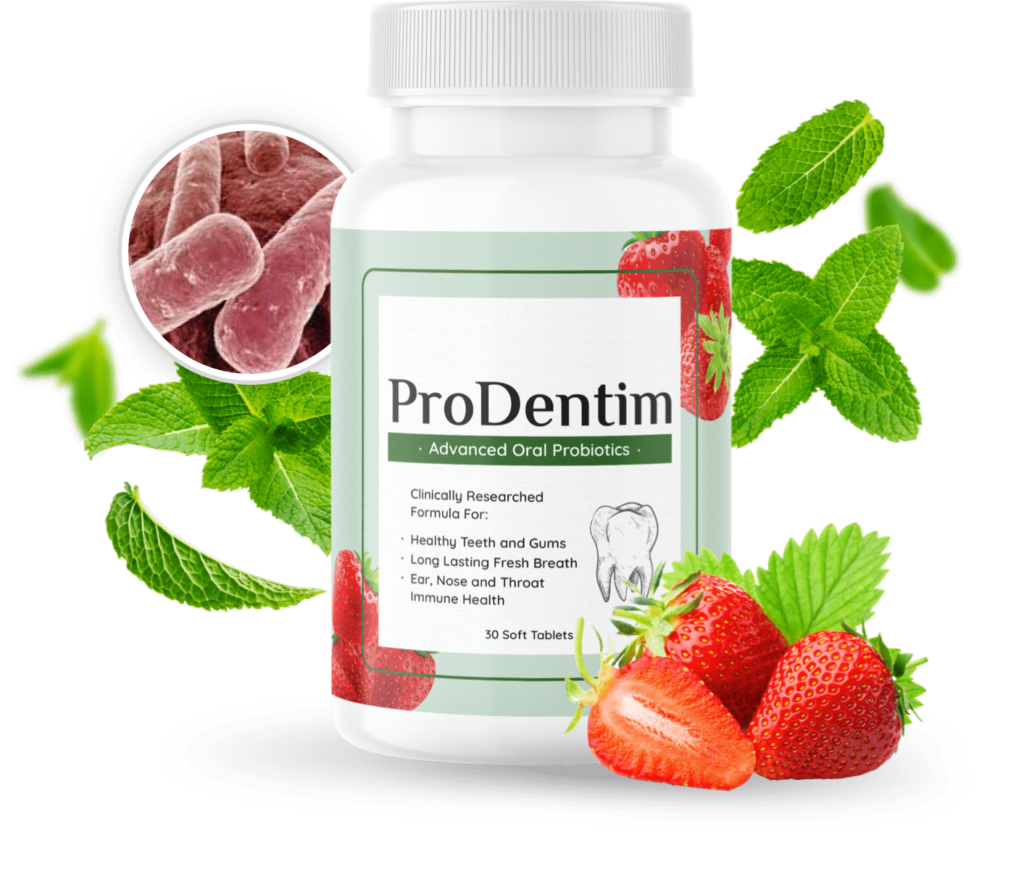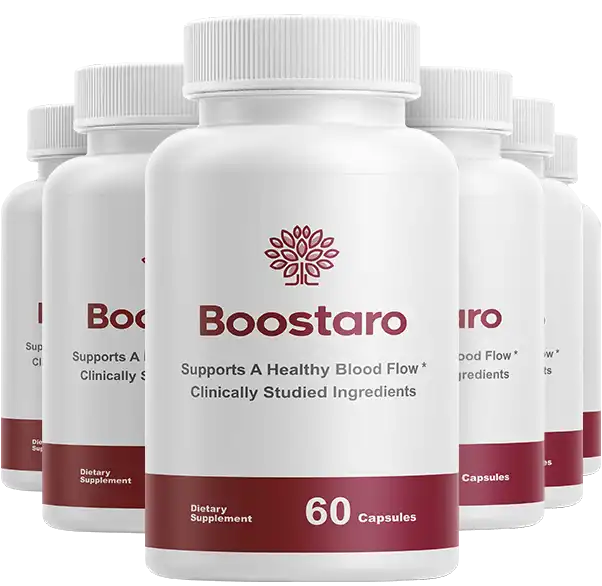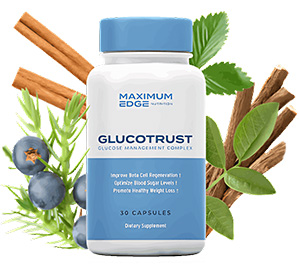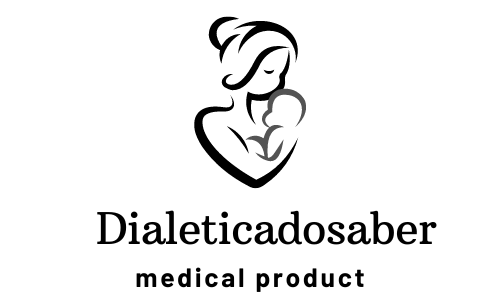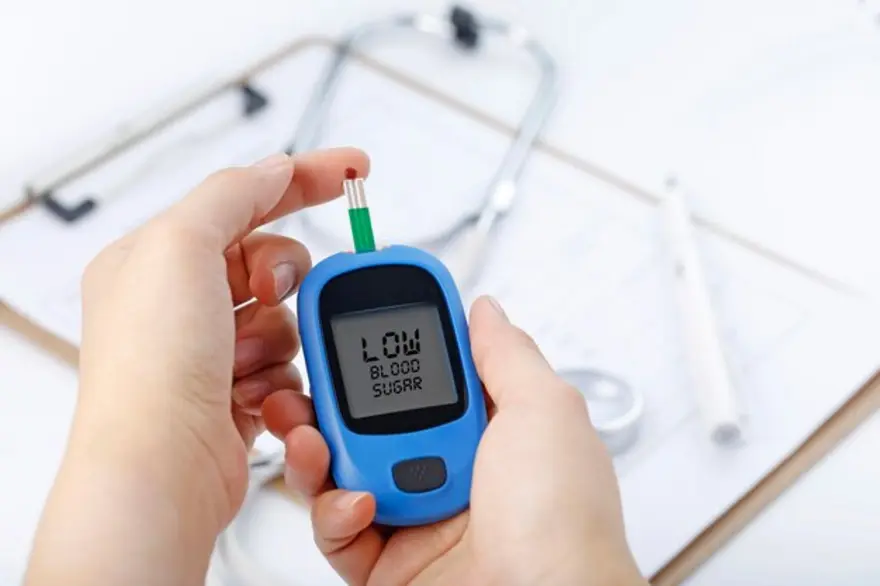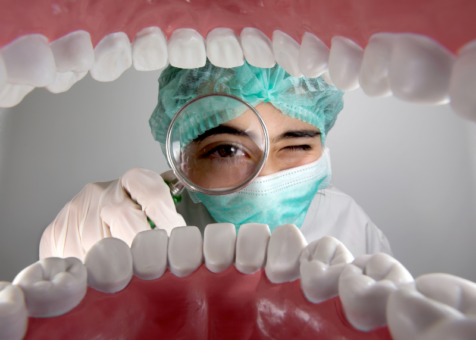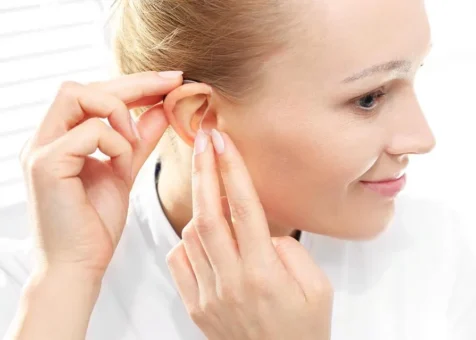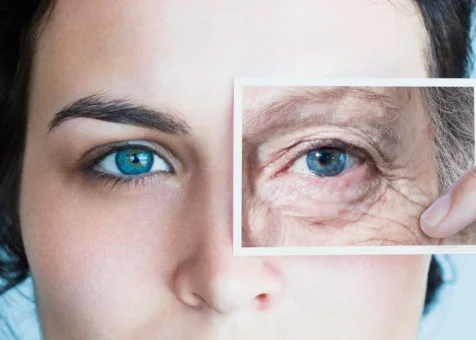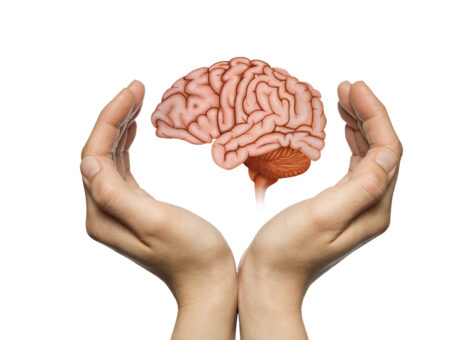Buy Probiotics & Natural Dietary Supplements
Explore Probiotics & Natural Dietary Supplements for a Balanced Life!
What is Dietary Supplements?
Eating a healthy diet is the best way to get all the nutrients your body needs. But sometimes, you might not get enough from food alone. This could happen if you’re not eating a variety of foods, have certain health conditions, or take medications that affect how your body absorbs nutrients.
In these cases, taking supplements might be a good idea. For example, if you’re pregnant or breastfeeding, you might need extra vitamins and minerals to support your baby’s growth. A multivitamin can help fill in any gaps in your diet and make sure you’re not missing out on important nutrients.
Some people might need specific vitamins or minerals because they have a deficiency or need more than usual. For example, if you’re not getting enough iron from food, you might need an iron supplement to prevent anemia.
Other supplements, like probiotics and omega-3s, can target specific health concerns. Probiotics can help with gut health, while omega-3s are good for your heart. Athletes or people who need extra protein might benefit from protein powder supplements.
Overall, supplements can help fill in nutritional gaps and support your overall health. But it’s important to talk to your doctor before starting any new supplements, especially if you have any health conditions or take medications. They can help you figure out what’s best for you and make sure you’re taking the right supplements in the right amounts.
Five important supplements your body might need:
1. Vitamin D: Sunlight is the best source of vitamin D, but sometimes we don’t get enough. Wearing sunscreen blocks out the sun’s rays, and shorter days in winter mean less sunlight. Vitamin D is crucial for many health reasons, like strong bones. Taking vitamin D supplements can help make up for what we miss.
2. Fish Oil: Fish oil has omega-3 fatty acids, which are good for your heart. They might not protect you from heart attacks as much as we once thought, but they can still help with your heart health. If you don’t like eating fish, a fish oil supplement might be helpful, but ask your doctor first.
3. B Vitamins: There are eight different B vitamins, and they’re all important for staying healthy. Most people get enough of these from their food, but if you’re vegan or vegetarian, you might not get enough B12. You can find B vitamins in multivitamins, but check with your doctor first to see if you need them.
4. Probiotics: Probiotics are good bacteria that help your gut stay healthy. They can help with stomach problems and some infections. You can get probiotics from yogurt, but if you don’t eat much yogurt, a supplement might be a good idea.
5. Magnesium: Many people don’t get enough magnesium from their diet alone. Not having enough magnesium can lead to health problems like heart disease and diabetes. It’s a good idea to talk to your doctor before taking any supplements. They can help you figure out if you really need them and if they’re safe for you. Remember, it’s always best to get most of your nutrients from food, so try to eat a healthy diet!
Side Effects of Dietary Supplements
Sometimes, dietary supplements can cause problems even though they’re supposed to help. In the US, companies that make these supplements have to show they’re safe before they can sell them. But still, some people have had bad reactions to them.
These reactions can include things like muscle cramps, hair loss, joint pain, liver problems, and allergic reactions. Some people have even ended up in the hospital because of these supplements.
Taking too much of certain vitamins or minerals can also cause problems. This happens when people take more than what their body needs to stay healthy.
There are a few reasons why dietary supplements can be harmful:
1. They can be absorbed by the body really quickly, which can be too much for it to handle.
2. Sometimes, the supplements aren’t made well or they have things in them that shouldn’t be there, like contaminants.
3. Some supplements can have both good and bad effects at the same time.
One common problem is liver damage, especially from supplements for weight loss or bodybuilding. This can cause yellowing of the skin (jaundice) and other serious issues. Green tea extracts, steroids, and certain herbal extracts are often linked to these liver problems.
Also, some weight loss supplements can affect your mental health in a bad way.
Sometimes, dietary supplements can interact with prescription medications, making them less effective or causing more side effects. So, it’s important to be careful when taking them, and it’s a good idea to talk to your doctor first.
Best Natural Dietary Supplements
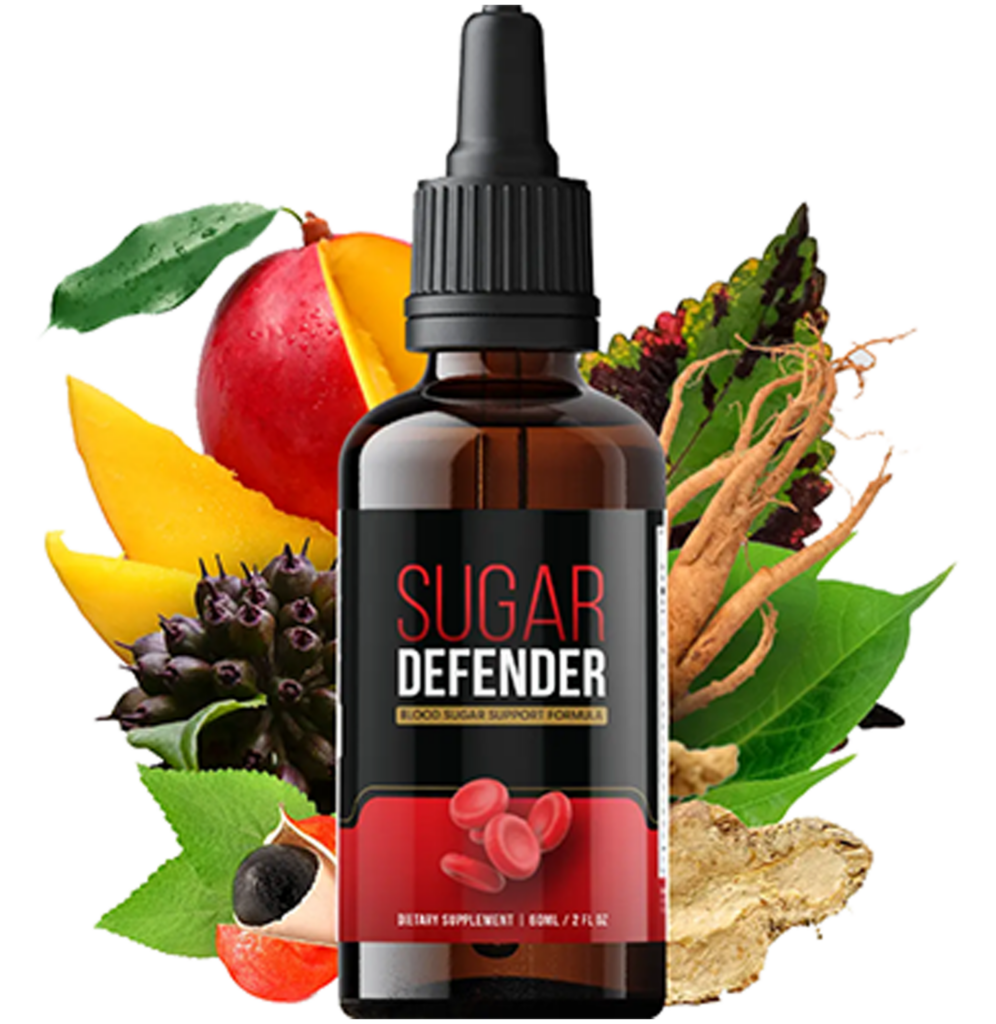
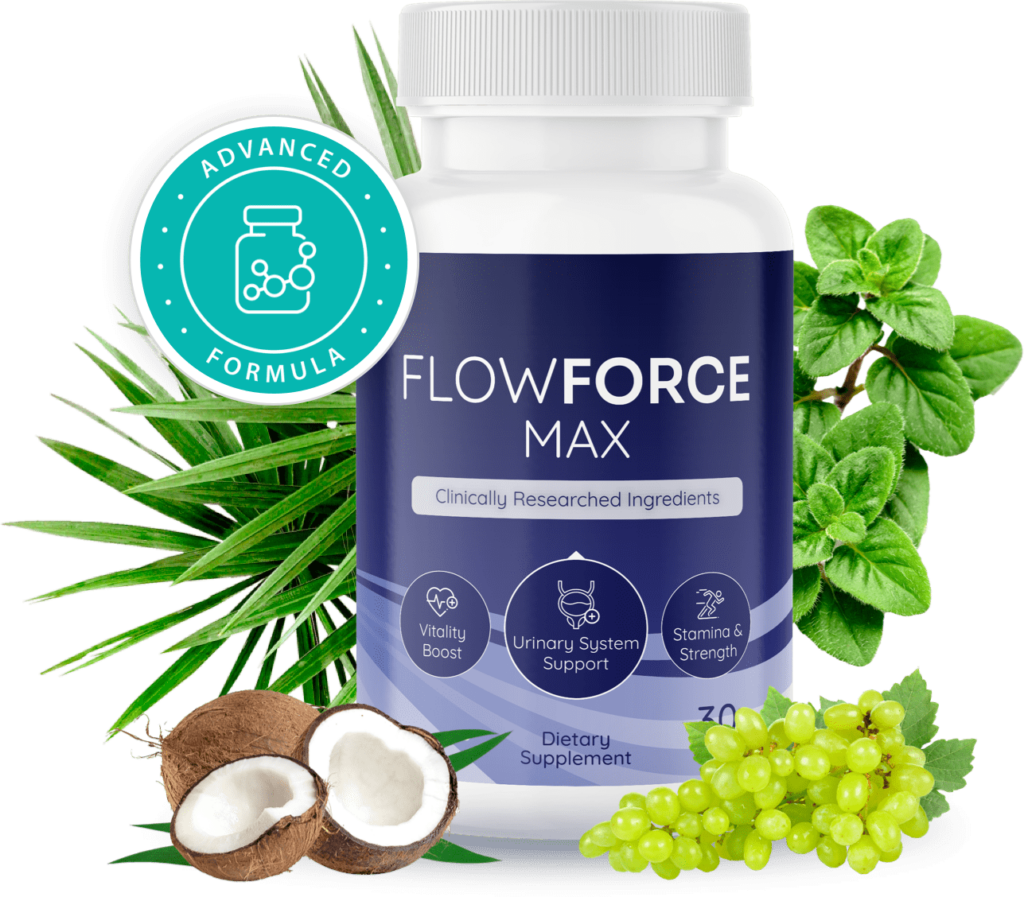
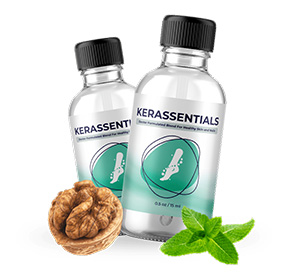
Sugar Defender
FlowForce Max
Kerassentials
High Quality Vitamins & Supplements

Natural Weight Loss Supplements
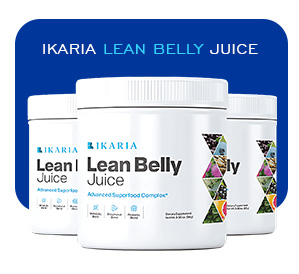
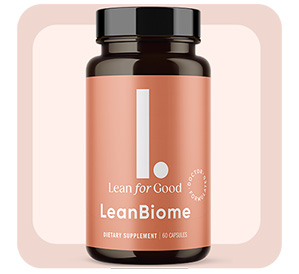
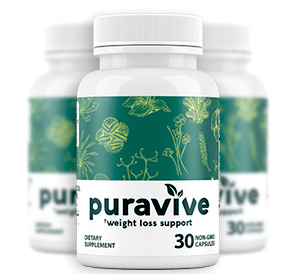
Ikaria Juice
LeanBiome
Puravive

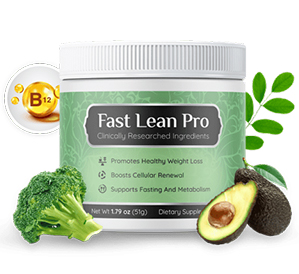
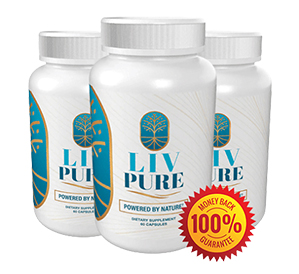
FitSpresso
Fast Lean Pro
Liv Pure
Probiotics & Natural Supplements
